There are so-called "folk" additives that are added to the cement slurry to improve its qualities. Which of them work, and which, on the contrary, do only harm? Let's figure it out. Let's start with the question of why sugar is added to the concrete solution.
Read in the article
- 1 Sugar in concrete: sweet life guaranteed?
- 2 Eggs in concrete - not for fun
- 3 Clay in concrete: does it make sense?
- 4 Why add salt, and is it worth it
- 5 Soap solution in concrete: what does it give
- 6 Liquid glass and PVA glue in concrete
- 7 Fluff lime in the building mixture
Sugar in concrete: sweet life guaranteed?
So, the folk additive, the first on our list is sugar. The authors, who appear to be experienced builders, propose to add about 250 g of granulated sugar per 50 kg of concrete. What does it do?
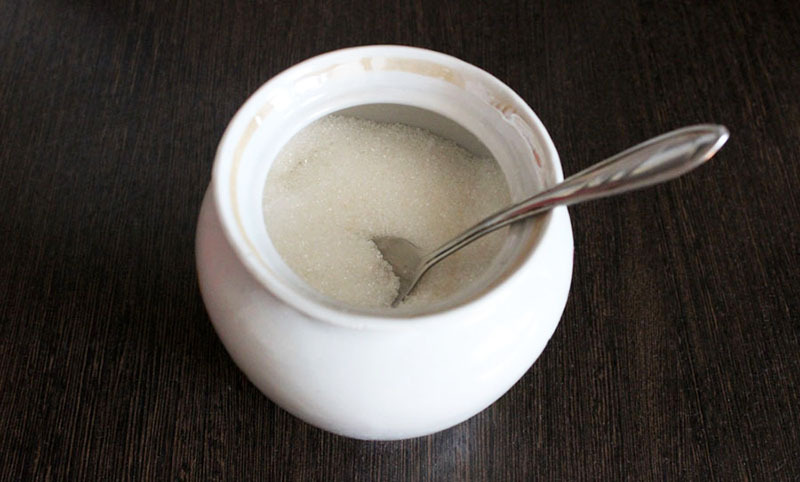
The effect is indeed observed, no doubt about it. But the fact that this additive lowers the quality of concrete is also a fact. So "sweet life" with such concrete is unlikely to shine for you. Try to share this know-how online and you will be bombarded with jokes about raspberry jam, cucumber pickle and ketchup in concrete.
Eggs in concrete - not for fun
There is a fortress in Staraya Ladoga, some of whose walls are more than 1200 years old. So, the stones in the most ancient fortress walls are still held so firmly that it is simply impossible to even break off a small piece of mortar sticking out between them. It remains only to be amazed at how at that time they did without cement in the modern sense of the word. And the secret, by the way, is known: chicken eggs were added to the solution with clay and lime.
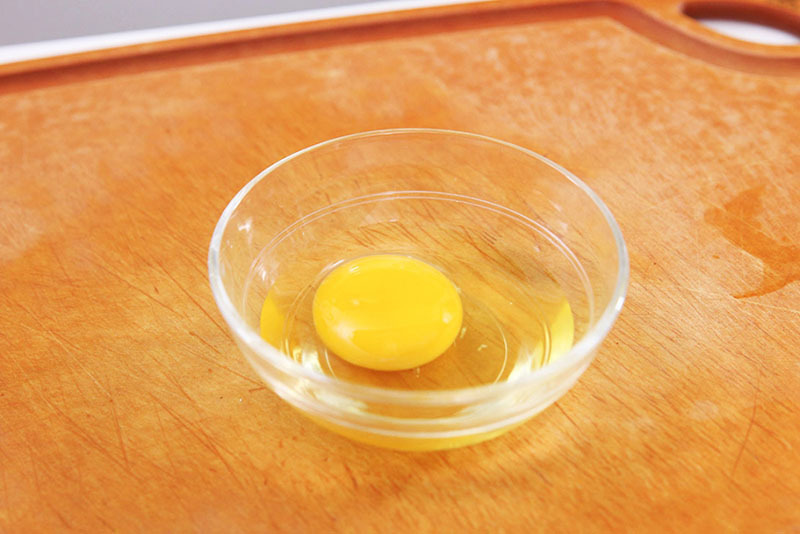
Clay in concrete: does it make sense?
In fact, clay is added to concrete in modern construction only to save money. Such an additive is categorically not suitable for pouring a foundation or masonry, but plastering with such a solution it is possible, and even worth arguing, that such plaster is much "warmer" than usual cement.
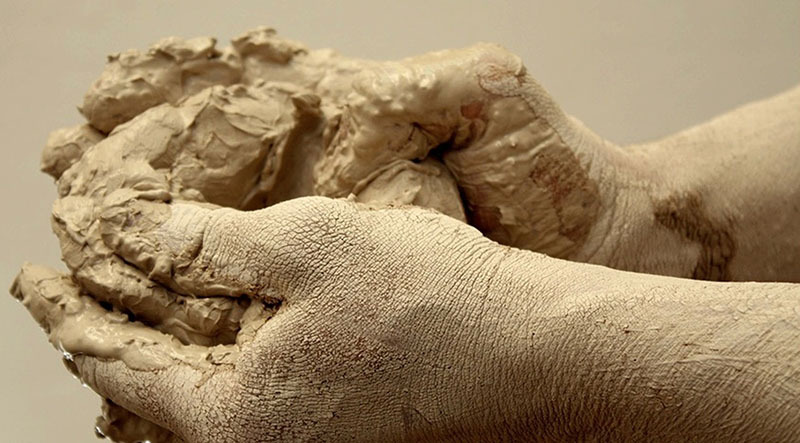
Why add salt, and is it worth it
So, technical salt is added to the solution to increase its frost resistance. The addition of salt makes it possible to work at low temperatures. But here it is worth noting that a good owner who builds for himself, and not for hire or for sale, will never do it. Fact - salt lowers the strength characteristics of the solution and, if added excessively, can even lead to a disaster. Cement filling will not only rapidly deteriorate later, but salt will corrode all metal parts of the reinforcement.
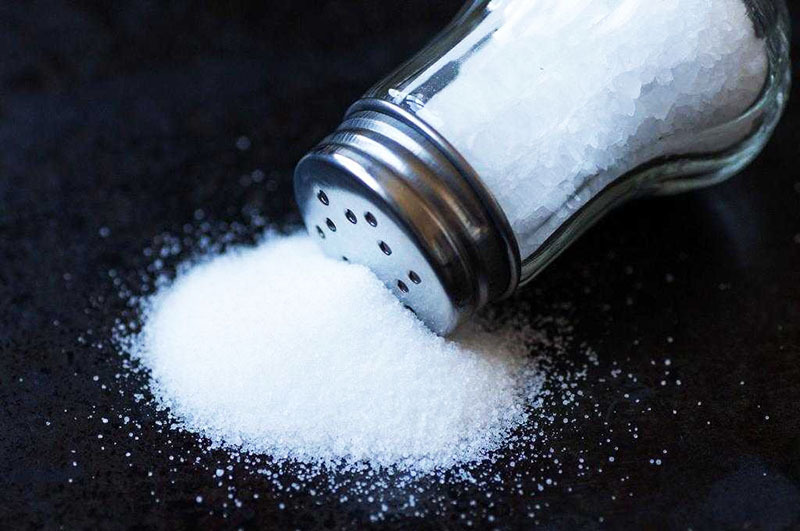
Soap solution in concrete: what does it give
Dishwashing detergent and laundry detergent are used as a homebrew plasticizer. The fact that the solution becomes unusually malleable and plastic is a fact. Plastering like this is a pleasure. But if you do not want to lose in quality - still use industrial plasticizers. They cost a penny, and the result is guaranteed to be safe.
Liquid glass and PVA glue in concrete
But these additives will definitely go to the treasury of useful tips. When added about 300 ml per bucket of cement, liquid glass or PVA gives the composition excellent elasticity and extraordinary strength after curing. Masters also advise to coat the blind area with liquid glass after pouring, this will make it frost-resistant and durable.
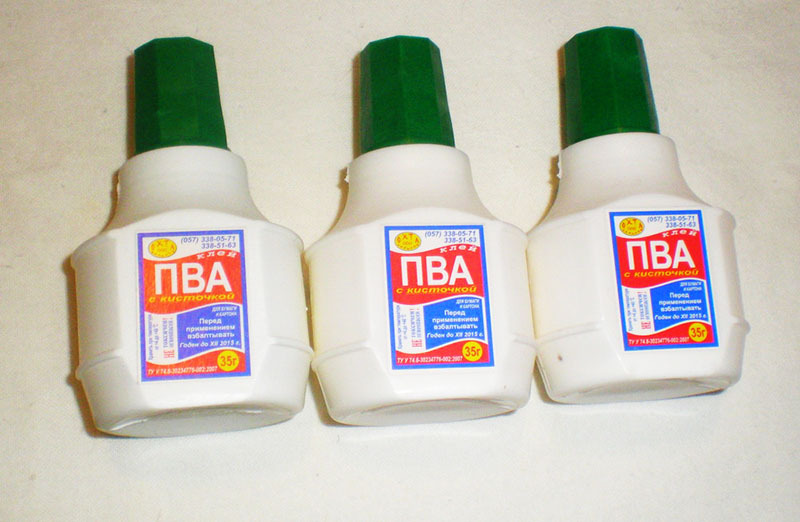
Fluff lime in the building mixture
Slaked fluff lime is another textbook additive that experienced craftsmen will approve of. What does it give? First of all - stickiness and high elasticity. The adhesion characteristics of such a mixture are very high, and in addition, plaster with such an additive is not afraid of fungus and mold, so it is recommended to use it also in rooms with high humidity.
And here's some more useful information on supplements and their purpose:
What do you add to concrete, and how does this affect its properties? Share your experience in the comments!
